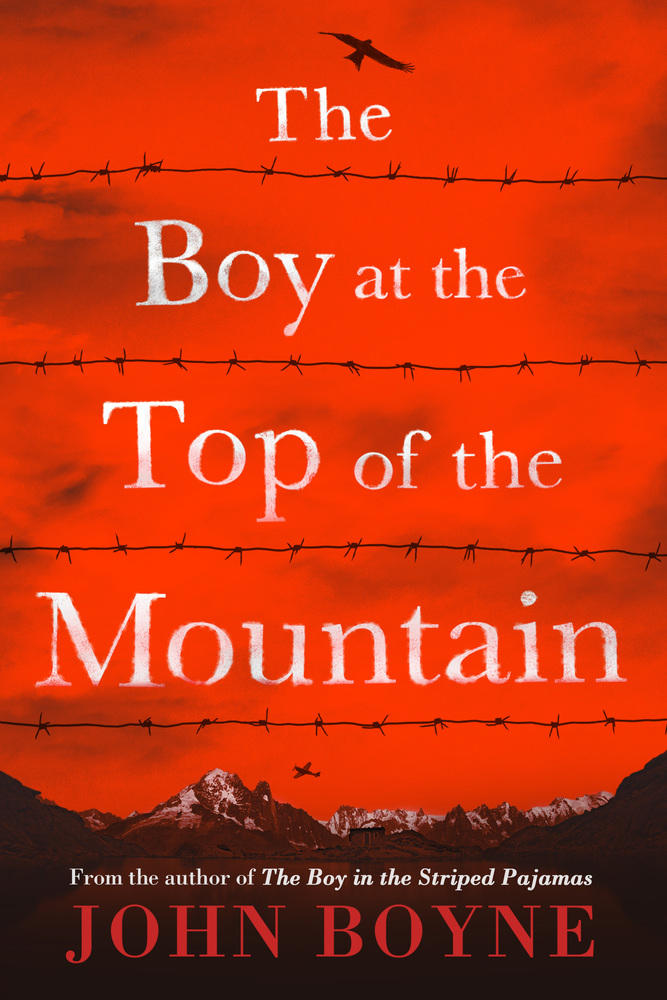 You know a book is going to tug at all of your heartstrings when it is written by John Boyne (who wrote The Boy in the Striped Pajamas). So I went into The Boy at the Top of the Mountain ready for whatever might happen. I’ll admit, I hadn’t read the blurb since I requested in a while back, so I didn’t really know what it was going to be about. If you can stand not to, I’d recommend going into it blind, because it definitely helps ramp up the suspense.
You know a book is going to tug at all of your heartstrings when it is written by John Boyne (who wrote The Boy in the Striped Pajamas). So I went into The Boy at the Top of the Mountain ready for whatever might happen. I’ll admit, I hadn’t read the blurb since I requested in a while back, so I didn’t really know what it was going to be about. If you can stand not to, I’d recommend going into it blind, because it definitely helps ramp up the suspense.
Like The Boy in the Striped Pajamas, this is a book that dabbles quite effectively in duality – there is a lot of moral gray going on, not just your standard black and white. You get a glimpse into the daily life of one of history’s most reviled characters, which shows you a softer side you might not be expecting. At the same time, Pierrot’s story shines a light on corruption, brainwashing, and the heady intoxication of power and superiority.
It was very hard to watch Pierrot transform from a sweet and friendly young child to a power-hungry and sadistic member of Hitler’s Youth. The loss of his innocence is swift and terrible, and I’m afraid to report that his story does not have the happiest of happy endings.
But what I loved best about The Boy at the Top of the Mountain is that it is painfully truthful and unapologetic about it – Pierrot participates in some truly heinous crimes, and although he does not fully understand the far-reaching consequences of his actions at the time, he is not simply granted forgiveness or redemption once his eyes are opened fully.
One of my favorite quotes is as follows:
“Look at me Pieter”, she said. He looked up tears in his eyes. “Don’t ever pretend that you did not know what was going on here. You have eyes and you have ears. And you sat in that room on many occasions, taking notes. You heard it all. You saw it all. You knew it all. And you also know the things you are responsible for.” She hesitated, but it needed to be said. “The deaths you have on your conscience. But you’re a young man still; you’re only sixteen. You have many years ahead of you to come to terms with your complicity in these matters. Just don’t ever tell yourself that you didn’t know.” She released him now from her grip. “That would be the worst crime of all.”
This is a harrowing story, despite not being a very graphic novel, yet I could not help but come away with a sense of hope. The final pages are particularly poignant, as Pierrot is given a chance to tell his story and maybe, just maybe, heal a part of himself that is broken.
Rating: 4/5 stars